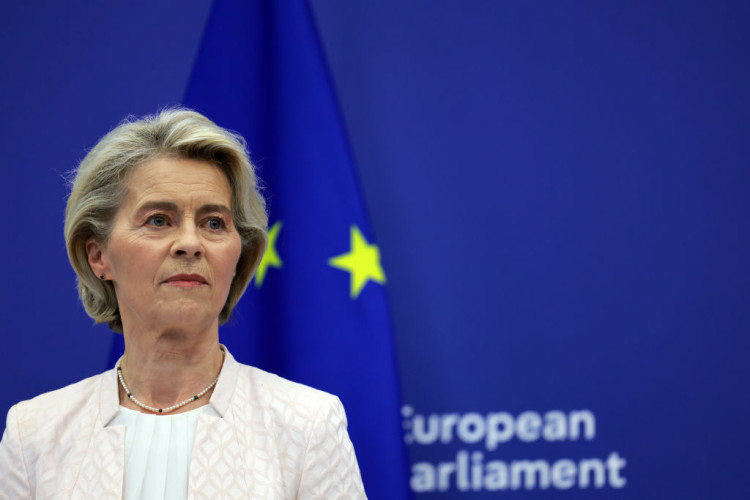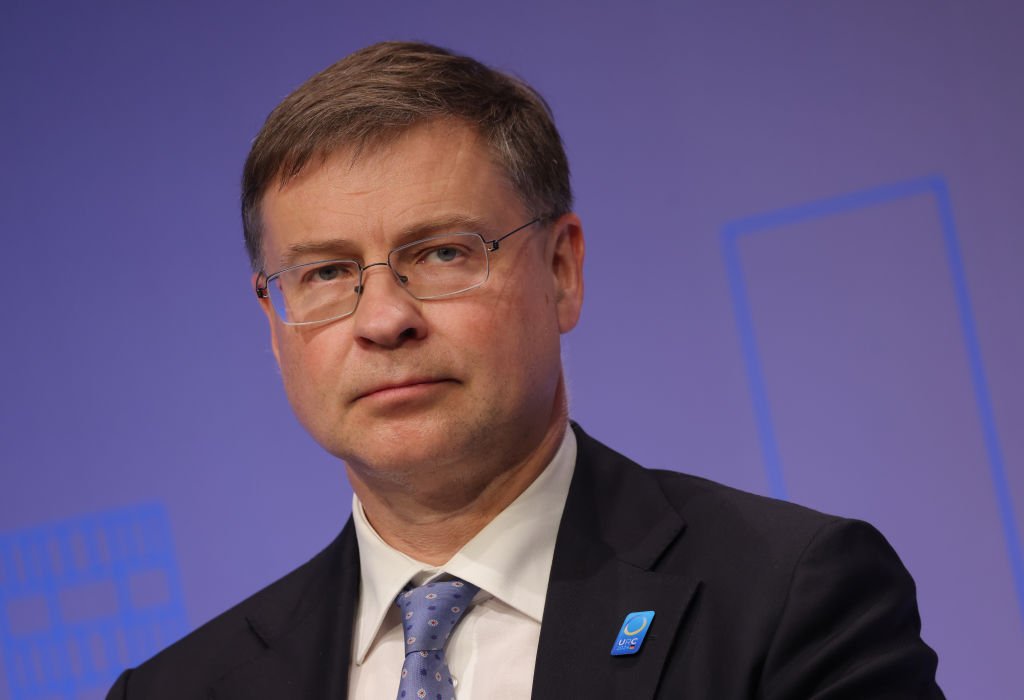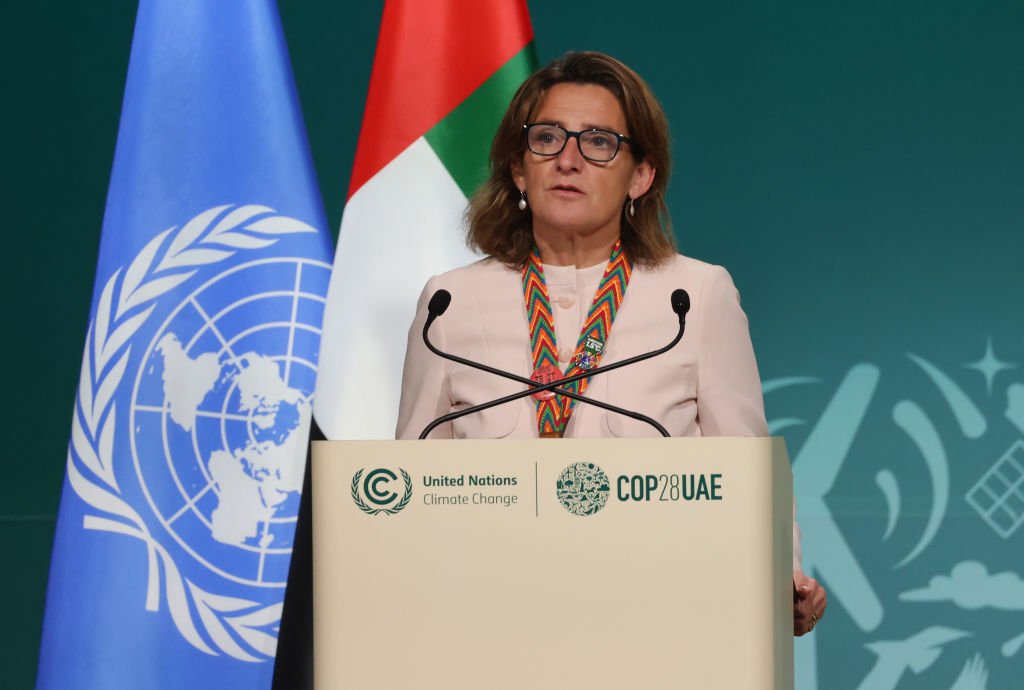Building a new Commission is a bit like making good stew. It takes patience. Lots of ingredients which are sometimes not available to you. Long hours of slow cooking. And when you finally get to taste it, you never quite know whether the dish will satisfy the guests!
And so, it is with the EU Commission team announced yesterday by the Commission President Ursula von der Leyen in Strasbourg.
From geography to gender to competence to political affiliation, the proposed new Commission will now come together, become familiar with each other and their boss, and begin preparations for the hearings that await them in the European Parliament in October and November.
This announcement took time and had a few bumps on the road, especially as the Commission President sought more female members and had to deal with a French man who just wouldn’t play ball. But like it or not, this is the team that Ursula von der Leyen will depend on over the next five years to steer the EU to safer ground. This is the team that will focus on delivering her “political guidelines and priorities” as set out in the aftermath of the EP elections this summer.
It’s no surprise that big member states – such as France, Spain and Italy – were rewarded with big portfolios that chime with key priorities around improving Europe’s economic performance on the world stage. Priming a new industrial and competitiveness policy – as set out both in the Draghi and Letta reports – will, I think, be central to the success or failure of this new Commission. Expect the drive on sustainability and climate to continue, a big push to finally get the Capital Markets Union working, and new areas of investment in Innovation and Defence to be key asks of the Commission to member states who seem reluctant to commit more.
There are very prominent roles in the new Commission for EU member states in the East Commission. Veteran Valdis Dombrovskis from Latvia received a dual role as EU Economy Commissioner, and also has a direct line of reporting to the President to oversee the challenging Implementation and Simplification. The new Polish Commissioner takes on the EU Budget and the setting of the next Multiannual Financial Framework (MFF).The Slovak Commissioner of Brexit fame in the last Commission, Maros Šefčovič, is back with Trade and Economic Security, with a direct line of reporting to the President to oversee Institutional Relations and Transparency. And of course, Security and Foreign Affairs are also going to the East with Higher Representative VP Kallas from Estonia. A strong political shoulder to Russia is clear in the Commission picks that have been made, and don’t underestimate the Enlargement portfolio now with Moldova and Ukraine knocking on the door to enter the EU.
For me, the standout picks are in the form of three women commissioners who have landed what I think are make or break portfolios. Finland’s Henna Virkkunen, a long established and effective MEP, takes on the key job of Tech Sovereignty. Spain’s Teresa Ribera, the current Minister for Ecological Transition, takes on the sought-after and powerful role of enforcing competition and the Green Deal. Portugal’s Maria Luís Albuquerque, a former Euro group Minister and senior official who knows the Financial Services agenda inside out, will hit the ground running in DG FISMA.
But this is a Commission in a sense that is going back to basics. The big European political families – EPP, Renew and S&D – still rule the roost but there is most definitely a centre right feel to this Commission. Will this mean, to take the President’s words, more implementation and less new regulation? Only time will tell.
Have no doubt that the European Parliament will want to scrutinise closely the candidates before them. The hearings can be extremely political as MEPs flex their muscles. Watch out for the Italian and Hungarian Commissioners as they don’t have many political friends in Parliament.
President von der Leyen had more votes this summer in the European Parliament from MEPs then observers expected. There was an urgency to endorse the pick from the EU Council. That same urgency to get things moving from this second term Commission President is evident. Don’t be surprised if this strong German woman cuts adrift those Commissioner designates if they don’t perform in front of MEPs or have their homework done. Von der Leyen will want the hearings completed quickly. But just like cooking stew – it can take more time than expected.








